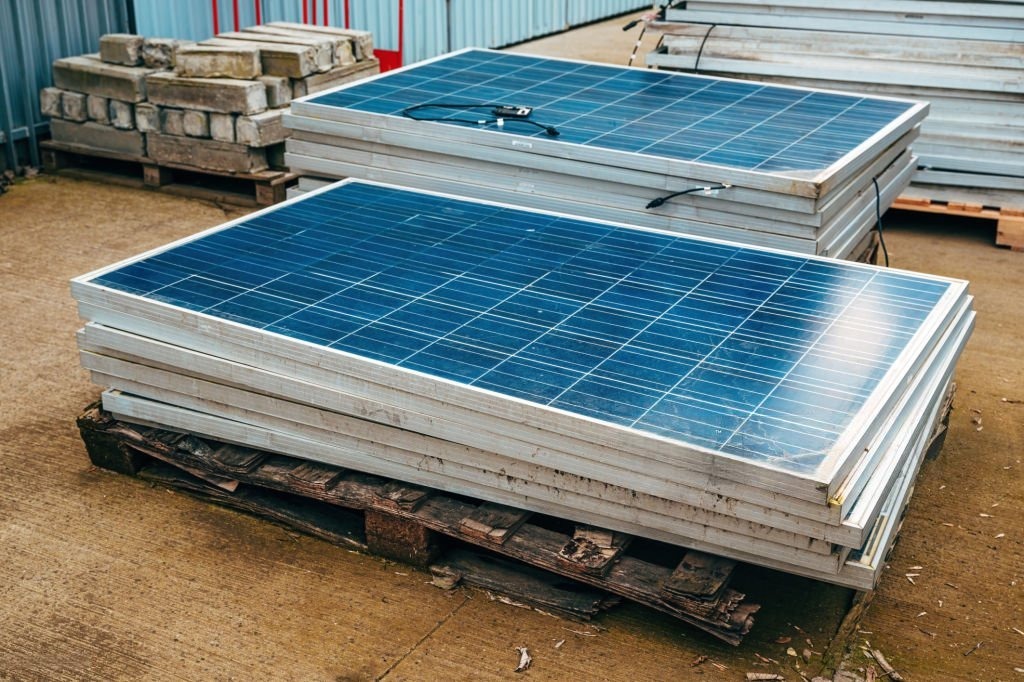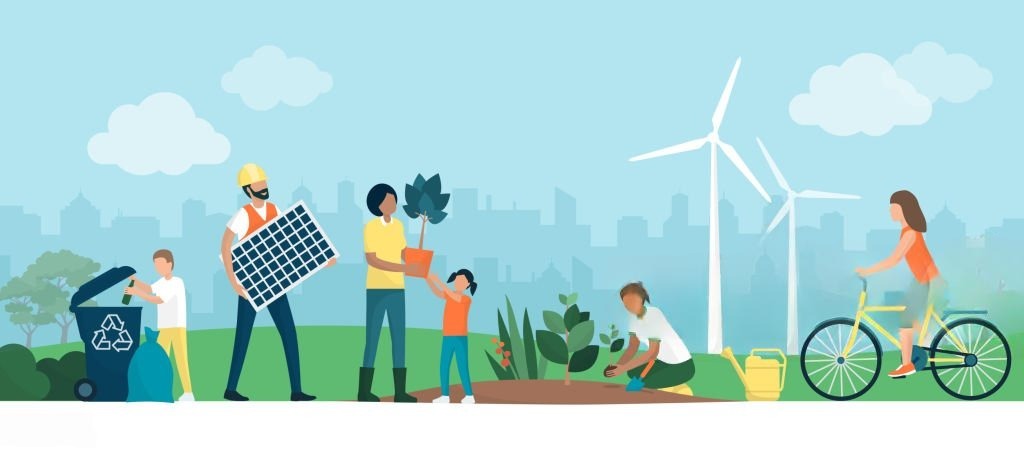As Africa rapidly embraces solar energy as a pathway to climate resilience and economic growth, a silent challenge is gaining momentum: solar waste. For all our progress in electrifying communities, reducing fossil fuel dependency, and decentralizing energy access, we must ask a critical question — what happens when solar panels reach the end of their life?
At Cleancyclers, we have seen firsthand how the lack of regulatory frameworks threatens to turn today’s clean energy triumphs into tomorrow’s environmental burdens. That’s why I am calling — urgently — for Africa to establish comprehensive solar recycling regulations now.
The Regulatory Void
In most African countries, there are no clear guidelines for:
- Solar panel end-of-life handling
- Safe dismantling procedures
- E-waste classification specific to PV modules
- Producer responsibility frameworks
This gap has created a dangerous ambiguity. Panels are discarded in landfills, dumped in open spaces, or exported without accountability. With no mandated take-back systems or recycling standards, we risk creating a new layer of toxic pollution in the name of sustainability.

Circular Potential, Wasted
Solar panels contain valuable materials — glass, aluminum, silver, silicon — that can be recovered and reintegrated into local manufacturing. Without regulation, we lose:
- Economic value that could fuel green industries
- Job creation in the circular economy
- Environmental safeguards to prevent leaching of hazardous substances
What we are discarding is not just e-waste; it is untapped opportunity.

Our Work at Cleancyclers
Cleancyclers was founded to close this gap. We are building Nigeria’s first solar recycling hub, a prototype for what a regulated, inclusive and circular solar economy can look like. But we cannot scale this alone.
Regulations are the foundation on which innovation thrives. Without policy, pioneers like us face an uphill battle — from informal supply chains to investor skepticism.
We need regulations that:
- Define solar panels as a distinct waste stream
- Require manufacturers and importers to adopt Extended Producer Responsibility (EPR)
- Set safety and environmental standards for recycling
- Offer incentives for companies engaging in circular solar solutions

A Summit-Wide Call to Action
At the Global Sustainability Summit, I’ve engaged with policymakers, financiers, and climate advocates across the continent. The consensus is clear: solar growth without regulation is a ticking time bomb.
If we are serious about building a regenerative Africa, we must embed circularity into our renewable energy narrative — not as an afterthought, but as a pillar.
The Way Forward
Regulation isn’t red tape — it’s green infrastructure. It’s the bridge between intention and implementation. It’s how we protect our people, our environment, and the credibility of our energy transition.
I urge African governments, regional bodies, and the private sector to act. Let’s co-create smart, scalable, and locally relevant policies that ensure every solar panel installed today does not become a liability tomorrow.
Because when it comes to sustainability, the end-of-life is just as important as the beginning.


